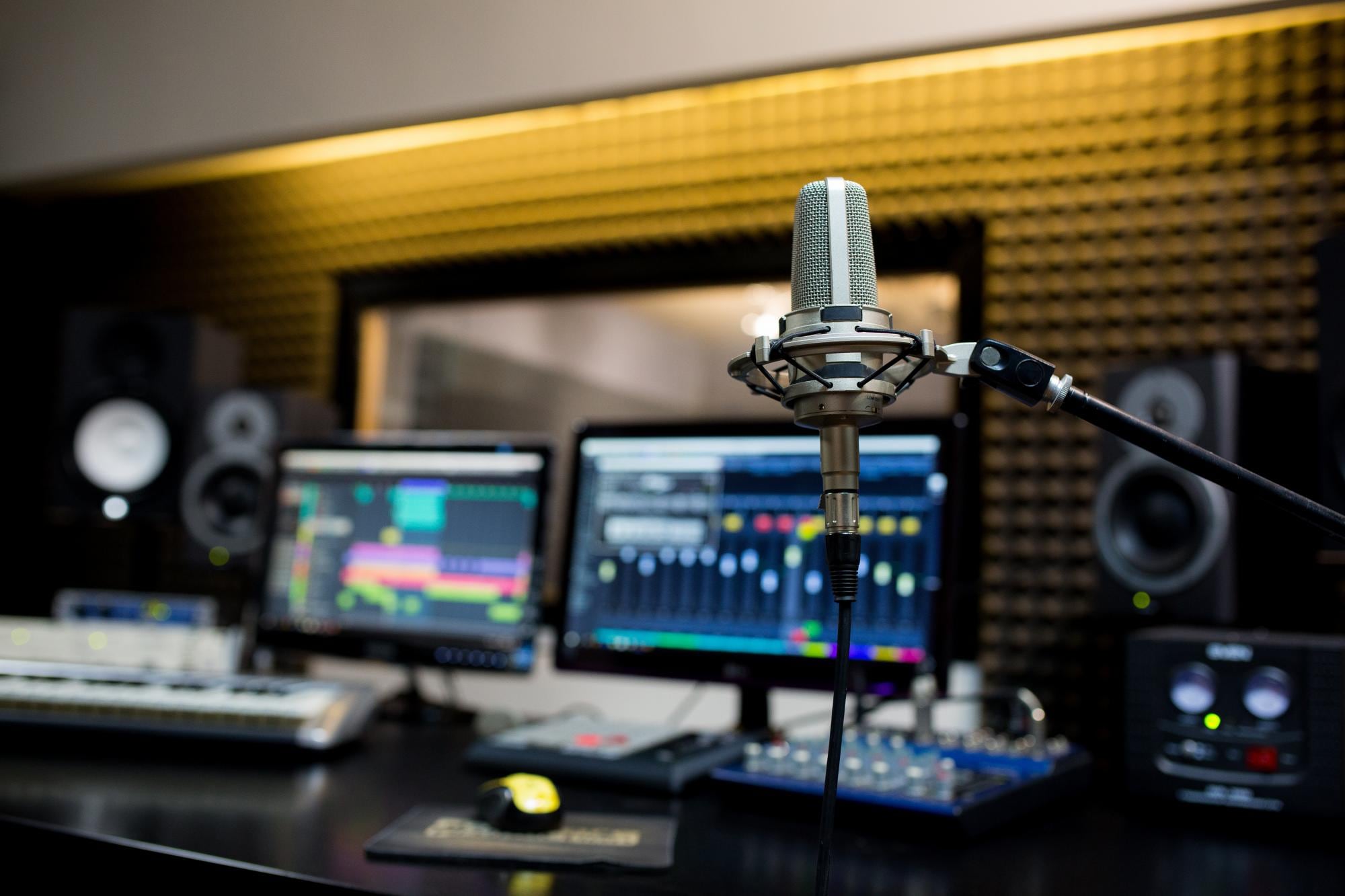Dubbing Service Rolls Out Virtual Studio for Voice Actors

TransPerfect, which counts Viacom, Warner Bros. and Amazon as clients, is rolling out a recording platform to eliminate the need for having talent in-studio while displaying all necessary information for talent.
With nearly a billion people across the world in coronavirus lockdown, the need for dubbing Hollywood content into local languages has never been greater. But what to do when voice actors can’t access the recording studio because of their own local quarantines?
TransPerfect, the world’s largest dubbing and translation service used by such studios as Viacom, Warner Bros. and Amazon, has a solution. On March 18, the New York-based company launched Studio.NEXT, an audio recording platform that features state-of-the-art cloud recording technology and inverts traditional synchronized audio recording by bringing the studio to the actors.
The timing of the launch was unrelated to the coronavirus pandemic but was fortuitous nonetheless given that Studio.NEXT should allow the dubbing process to continue uninterrupted just as streaming demand soars. TransPerfect president and CEO Phil Shawe, who oversees a staff of 6,000 worldwide, has been perfecting the technology for three years as a way to make the practice more efficient and less costly.
“Whether you’re dubbing a theatrical release or a corporate video or Internet content, it involves bringing a bunch of people together into a studio, which in New York would be $400 an hour [to rent the facilities],” Shawe tells The Hollywood Reporter. “The nice thing about this is the studio client can see what the voiceover talent has done right away so they don’t have to go back to the [client] for the [quality assurance] process and come back to the recording studio to make fixes.”
Studio.NEXT was designed as a recording platform to eliminate the need for having talent in-studio while also displaying all necessary information for the actor — including the so-called the rythmo band (i.e., the ability to lip sync) — in the interface on a single screen. TransPerfect clients like HBO, Discovery and Paramount expressed interest in the technology as social distancing has become the new normal.
“It was not geared toward dealing with this type of crisis at all,” says Barnaby Wass, senior vp European operations. “But it gives the ability to work remotely and potentially has some very important value right now for people to keep doing their work while they can no longer congregate.”